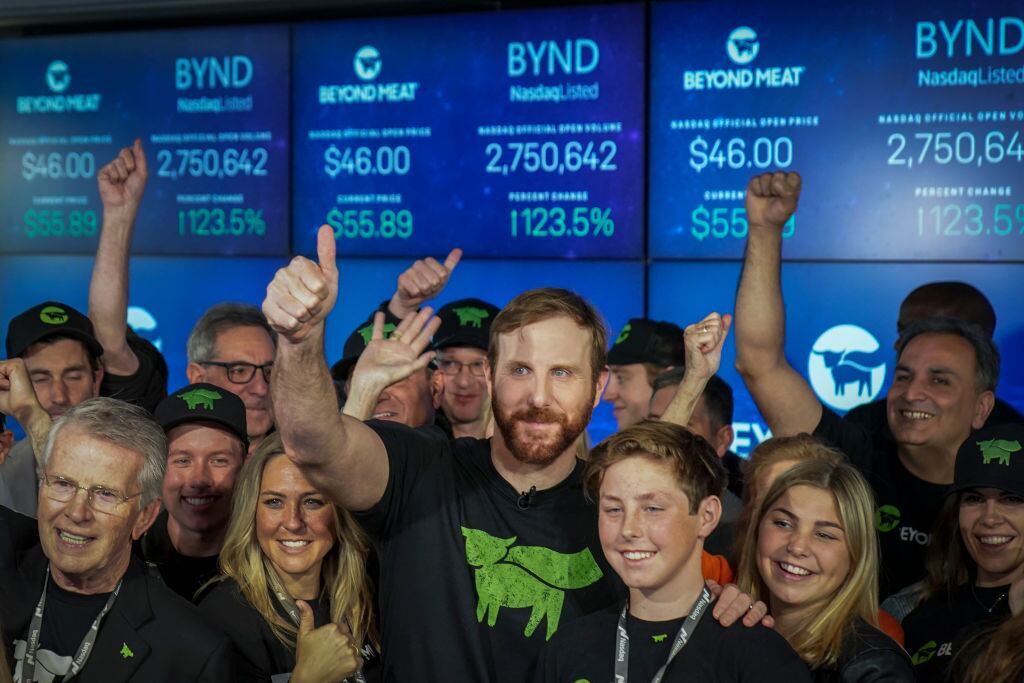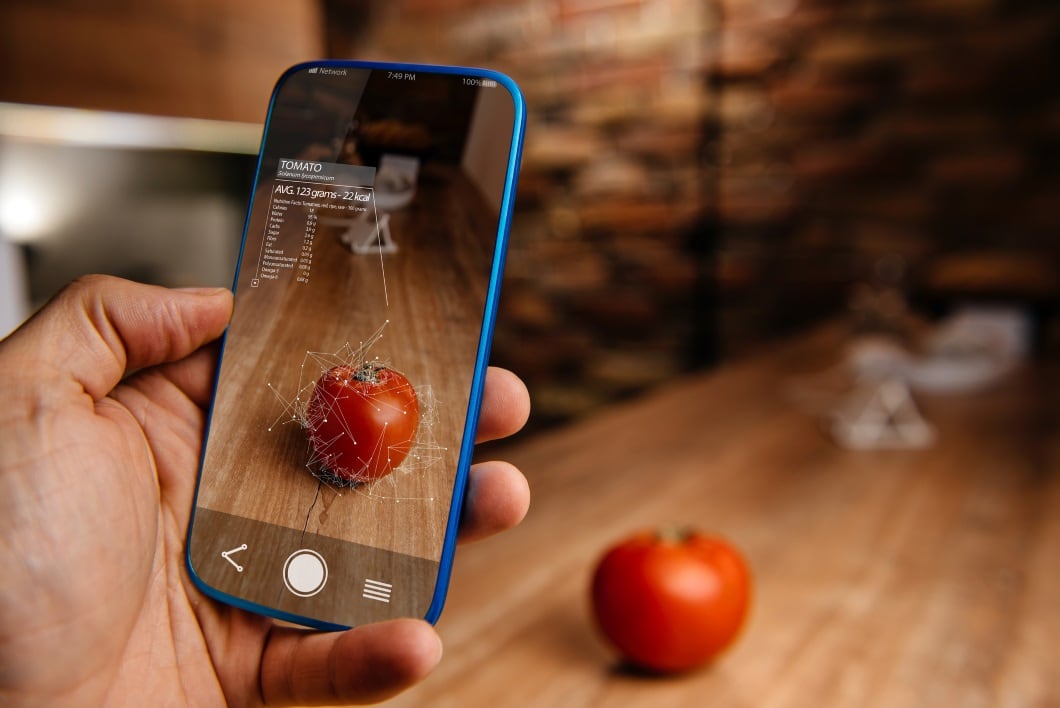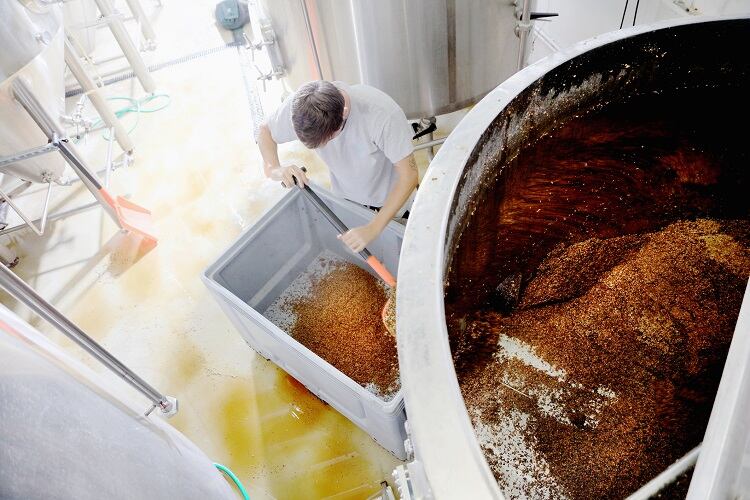2019 will be remembered as the year that meat alternatives hit the mainstream.
Earlier this month, California-based Beyond Meat became the first ‘vegan IPO’ when it floated its shares on the Nasdaq stock exchange. Its leading product, The Beyond Burger, uses pea proteins with colouring from beetroot and pomegranate to look and taste like beef when cooked.
Another Californian company, Impossible Foods, has also achieved investor success this year, closing a $300m series E funding round. The Impossible Burger contains soy and potato protein, as well as coconut oil, and the all-important haem molecule that gives the patty its ‘meaty’ flavour and aroma.
Mark Post’s cultured beef burger is another example of scientists pushing the envelope in the alternative protein sector. The Dutch scientist made headlines when his team at Maastricht University in the Netherlands grew muscle tissue from stem cells harvested from organically reared cows.
Whatever the method, all of these innovators are committed to sustainability, nutrition scientist PK Newby told delegates at Seeds and Chips this month.
“This is because we know that livestock is a major emitter of methane. Methane is a powerful greenhouse gas. Not to mention the amount of inefficiencies in raising livestock.
“I can tell you now, and I know I’m not alone: the future is meatless.”
So how else are innovators progressing the plant-based movement? FoodNavigator brings you three recent developments from England, Scotland and Israel.
3D printed meat: ‘I want consumers to have the same experience as eating steak’
Israel start-up Redefine Meat has developed 3D printing technology to create a healthy and sustainable meat-free steak. The product aims to recreate the complex experience of eating meat, including taste, texture, and cooking properties.
Eschchar Ben-Shitrit founded the company when after becoming vegetarian, he delved into the environmental impacts of industrial meat production. “I discovered that meat is actually destroying our planet,” said Ben-Shitrit. “We are using our resources in such a terrible way – feeding it to animals in order to create food.”
Ben-Shitrit aspires to offer consumers the same experience as eating steak – a product he described as the “most simple food you can imagine”. And in cooking terms, this is largely true. Steak is traditionally placed on a grill, and fried for a few minutes on either side. In a plant-based format, “this is what I am aiming for,” he continued.
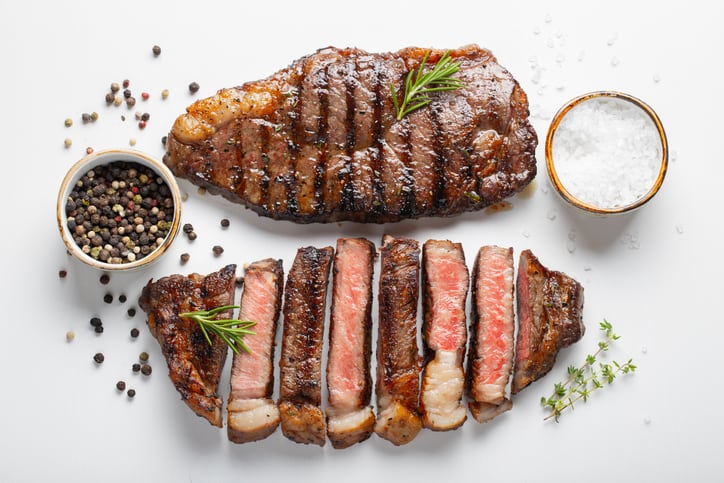
The start-up is developing a formulation from plant-based ingredients that can mimic the muscle structure, fat and blood of a steak. “We have built a very simple version of this machine and are now working on the first version for industrial 3D printing,” Ben-Shitrit explained.
Redefine Meat has teamed with food scientists, chefs, and engineers, and has secured partnerships with a family-run butcher in France, flavour house Givaudan, and the Technion Institute of Technology in Israel.
These partners will help the start-up create a steak-like formulation that mimics the real thing. “We need to anticipate what the taste will be, what the texture will be, what the flavour will be, and how it will cook on the grill.”
For Ben-Shitrit, developing a plant-based steak is one of the most important technological challenges that exists, and one that could serve to feed consumers without altering their eating habits. In fact, the founder is convinced that the world’s population will not stop eating meat. The trick is finding new ways to eat meat – meat that comes from a different source, he said.
“If you want to redefine the food supply chain, you need to start by redefining meat. Meat is the embodiment of everything that is broken in the food supply chain.
“Our goal is to continue to redefine meat…[bringing] high quality steaks and other kinds of beef products to Europe a year and a half from now.”
Zero waste Mycoprotein
Scottish start-up 3F Bio believes that the future of protein lies in combining nature and technology. The Glasgow-based B2B company uses grains such as wheat and corn to make Mycoprotein – the protein used by meat-alternative brand Quorn – using a zero waste process.
“As our population grows and our diets change, the growth in demand for protein creates both one of the world’s largest markets, and also one of the world’s largest challenges,” said CEO and founder Jim Laird at Seeds and Chips.
“I believe in technology, and specifically biotechnology, as a solution to that,” he continued. 3F Bio’s technology can also make alternative protein manufacturing scalable – something that is known to inhibit some smaller operators from taking greater market share.
For Laird, Mycoprotein has the added advantage of looking like mince meat – 3F Bio’s version looks like chicken mince or beef. This means that similarly to Redefine Meat’s solution, consumers are not required to alter consumption habits. “For us, taste comes first. There is no aftertaste [and] it is highly functional and nutritious.” Indeed, Mycoprotein is a complete protein that is high in fibre, low in fat, with zero cholesterol and trans fats.
“From what we see, it is the most sustainable and scalable source of protein” – 3F Bio’s CEO and founder Jim Laird on Mycoprotein.
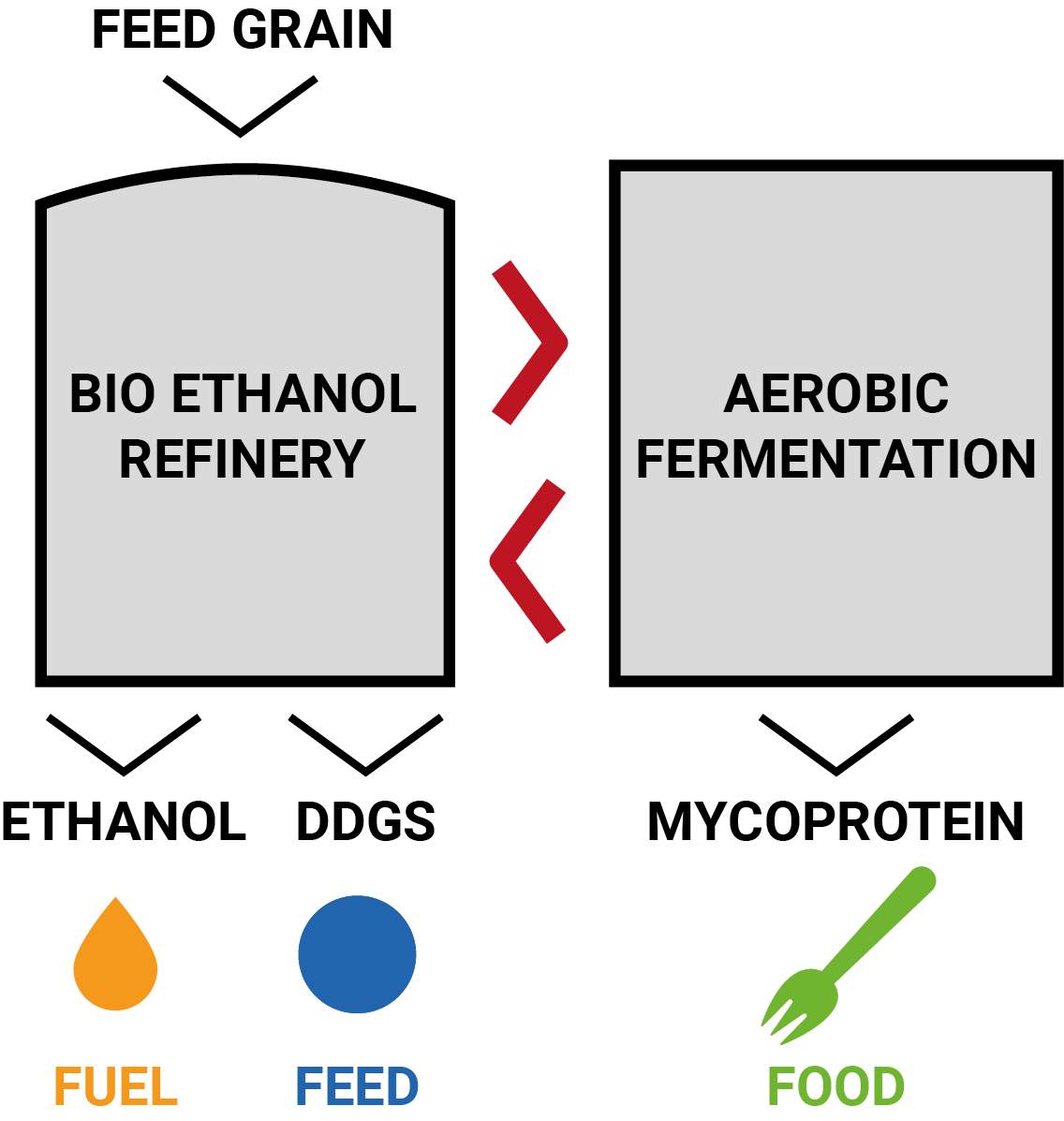
Importantly, 3F Bio’s technology uses a zero waste process, meaning that its large scale fermentation methods enable the production of food – as well as feed and fuel – is incredible efficient.
“We can improve the way we grow our food and we can do it using biotechnology. Biotech starts with the advantage of growing feed, food with small organisms and the advantage of feed conversion.
“Combining this with a zero waste process lowers the cost, and by producing a product with proven market acceptance, fundamentally I believe we can change what we eat, but we do not necessarily have to change the way we eat,” said Laird.
Cutting out the middle…fish: Microalgae omega-3s
Veteran plant-based company VBites has been working in the alternative protein space since 1993.
Founded by vegan activist and former model Heather Mills, the company sells its 140-product-strong range to 24 countries, focusing on a variety of cereals, vegetables and legumes in an effort to limit biodiversity depletion.
“Perfect burgers have and can be made from plants,” Mills told delegates at Seeds and Chips. “But ultimately…the future growth of the population is so [high] that maybe even plants aren’t going to be enough to produce [our food], because one minute quinoa is in favour, and then it’s coconut…”
Mills also questioned the innovative nature of newcomers to the plant-based burger space – “we’ve been doing them for 26 years” – with the exception of Impossible Foods’ GM soy-based Impossible Burger. “But I wouldn’t promote something that is made from a cell, because you don’t know what is going to happen to within your body years down the line with something that is made this way.”
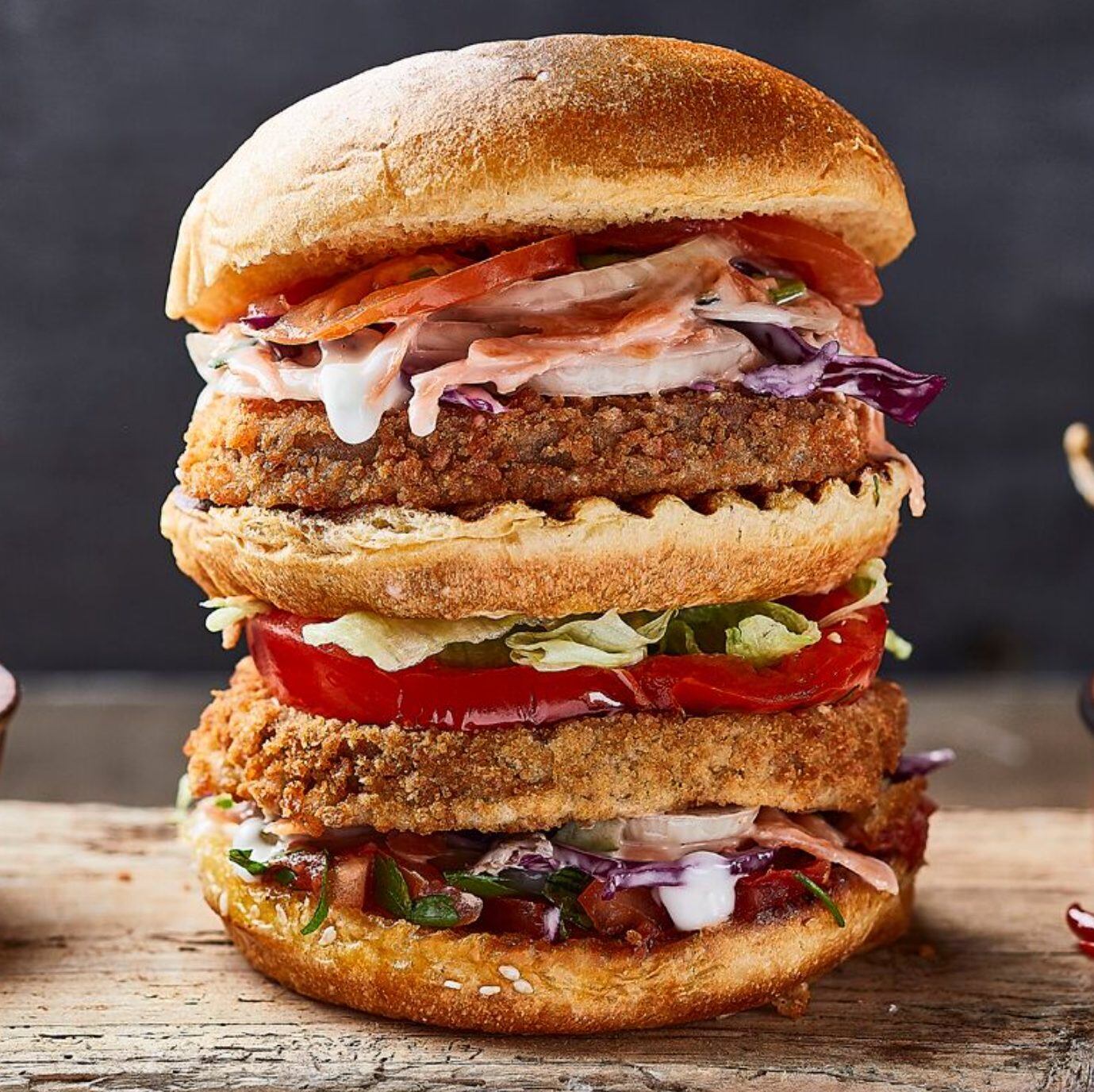
At Seeds and Chips, Mills spoke about VBites’ recent investments in algal oils for omega-3. The end goal is to remove fish from the supplement supply chain. “Most people think that omega-3 comes from fish, but it doesn’t. It comes from the algae that fish eat,” she told delegates.
“It’s completely crazy to catch them, to squeeze them, and to get oil out of them, when the oil originally comes from the algae.”
Fish oil, derived from fisheries, is the most common source of the omega 3 fatty acids eicosapentaenoic acid (EPA) and docosahexaenoic acid (DHA). Yet as Mills explained, microalgae contains high-quality EPA and DHA – the omega-3 fatty acids that serve to improve brain function and strengthen the immune system.
Harnessing omega-3 from algae, rather than fish, is a sustainable alternative, she continued. Indeed sustainability, health, and concern for the environment underpin Mill’s VBites concept. “You can’t be caring about climate change and not be vegan. It’s not possible.



